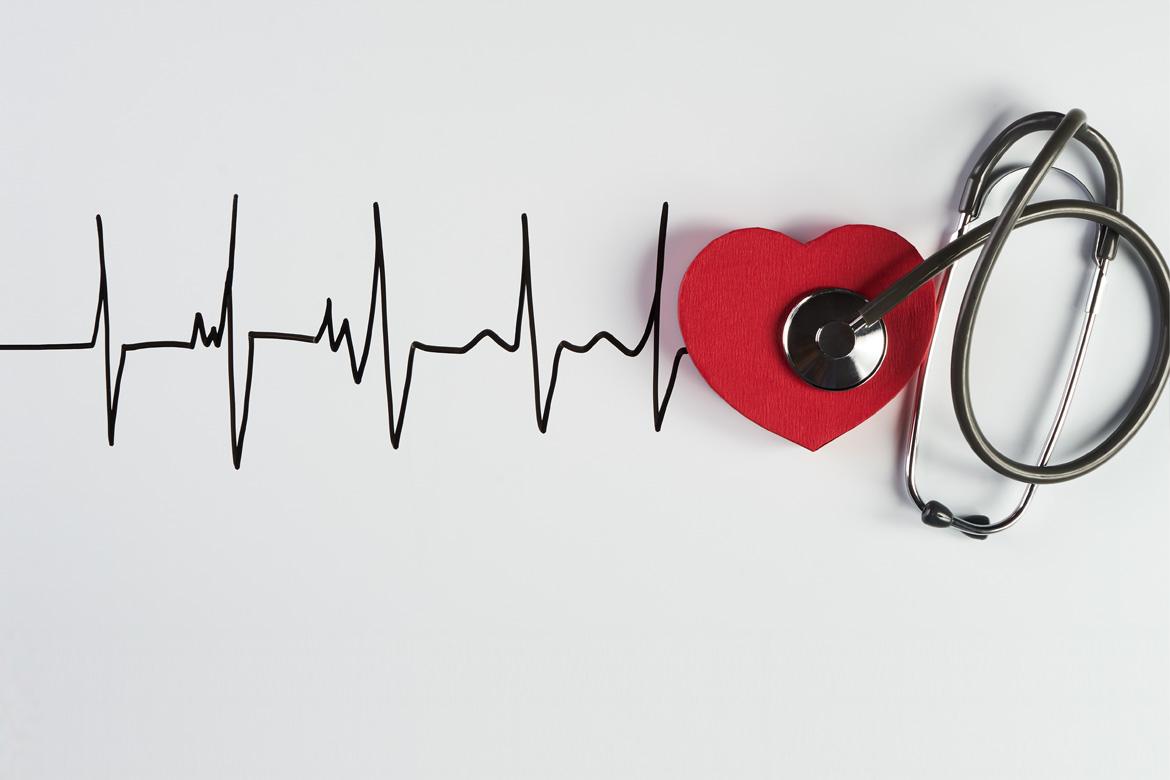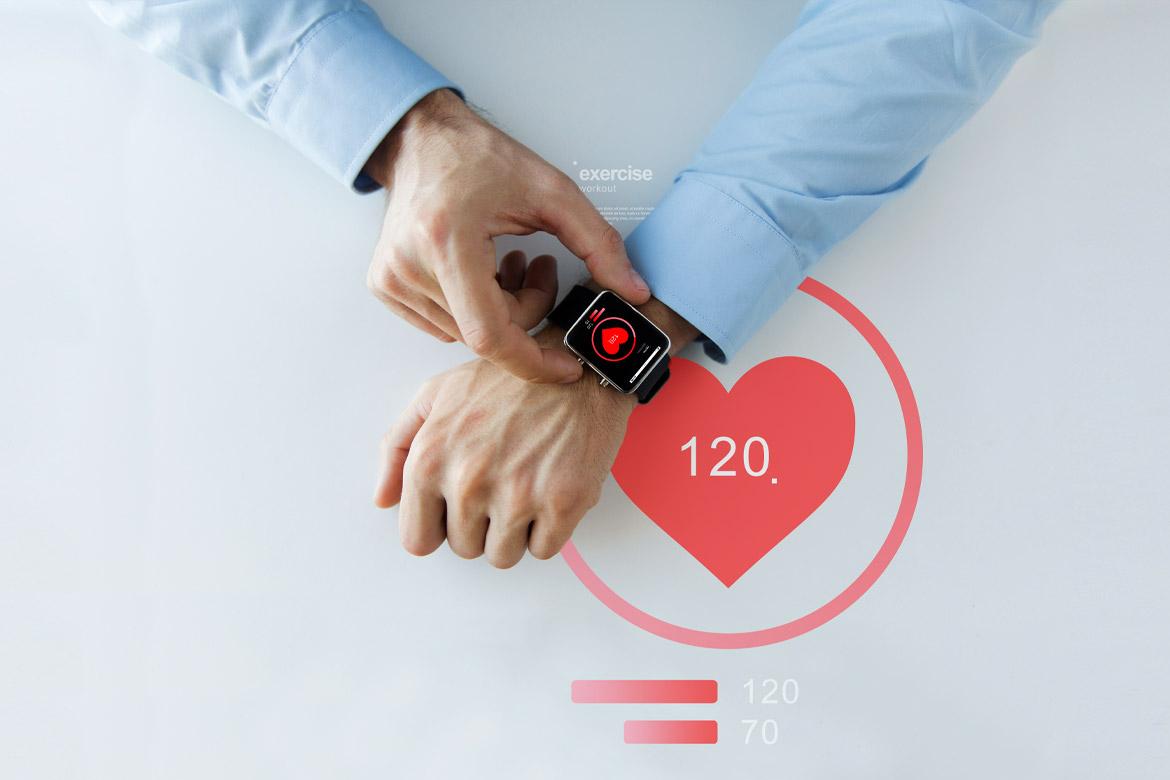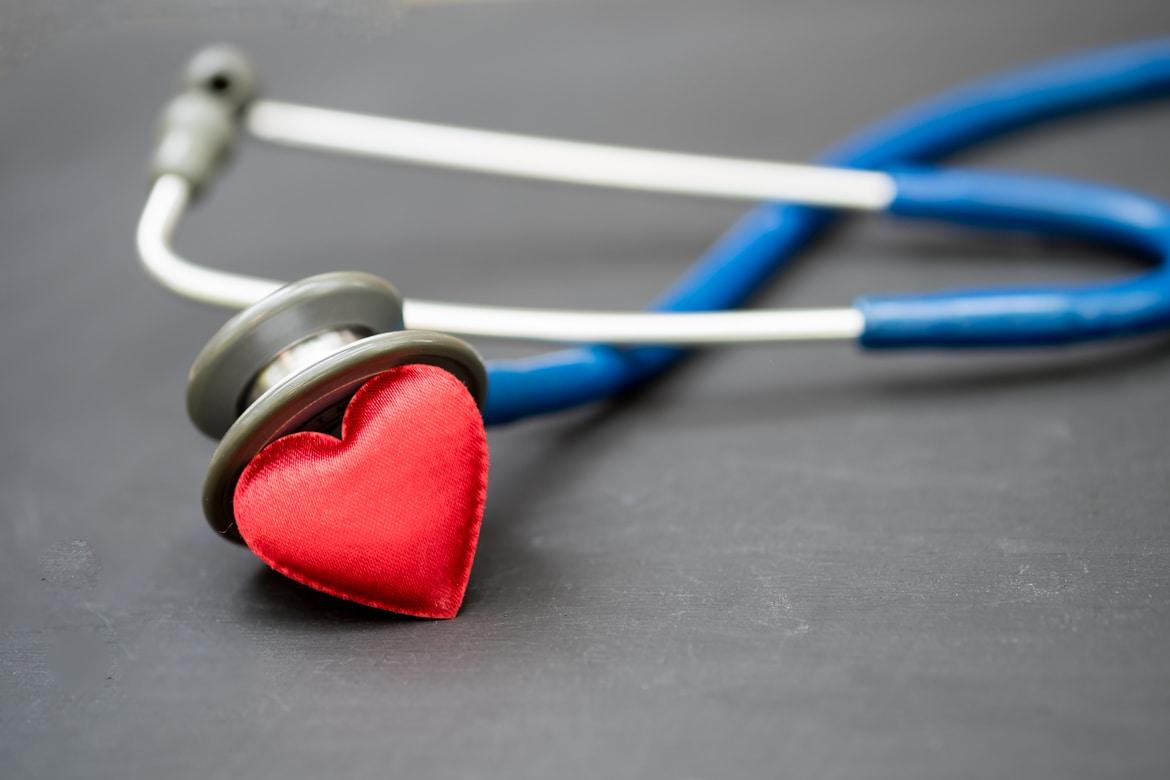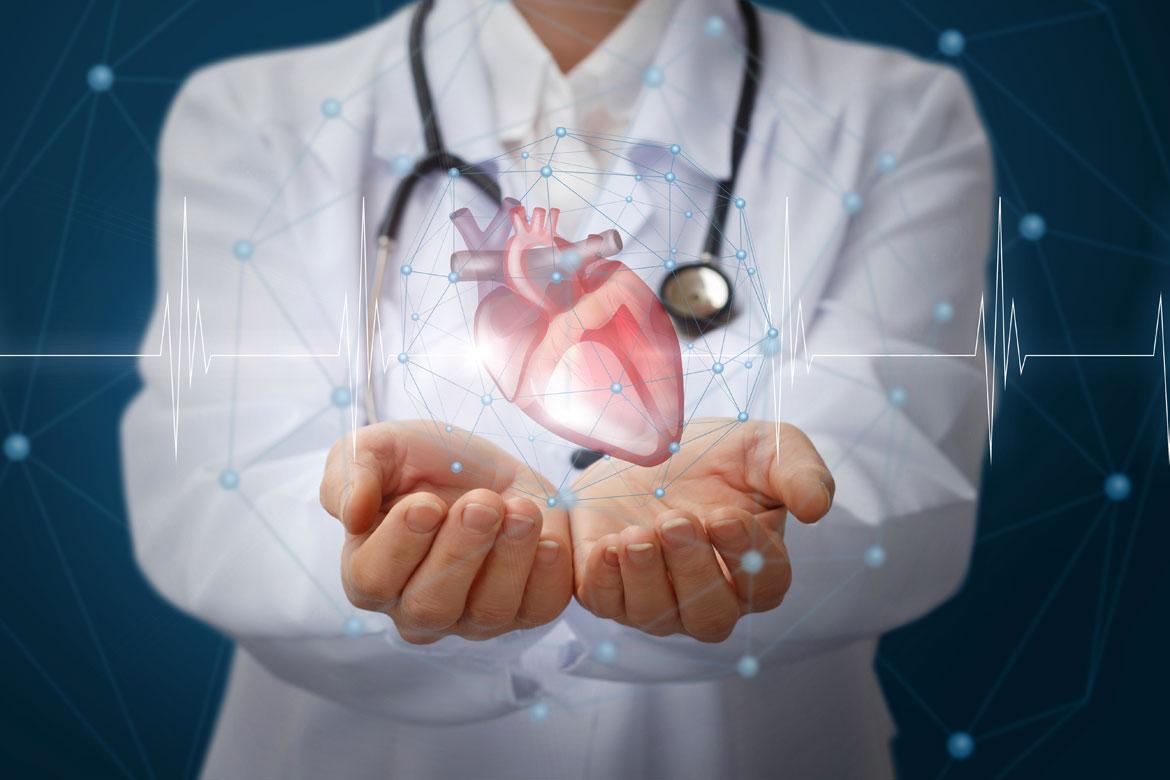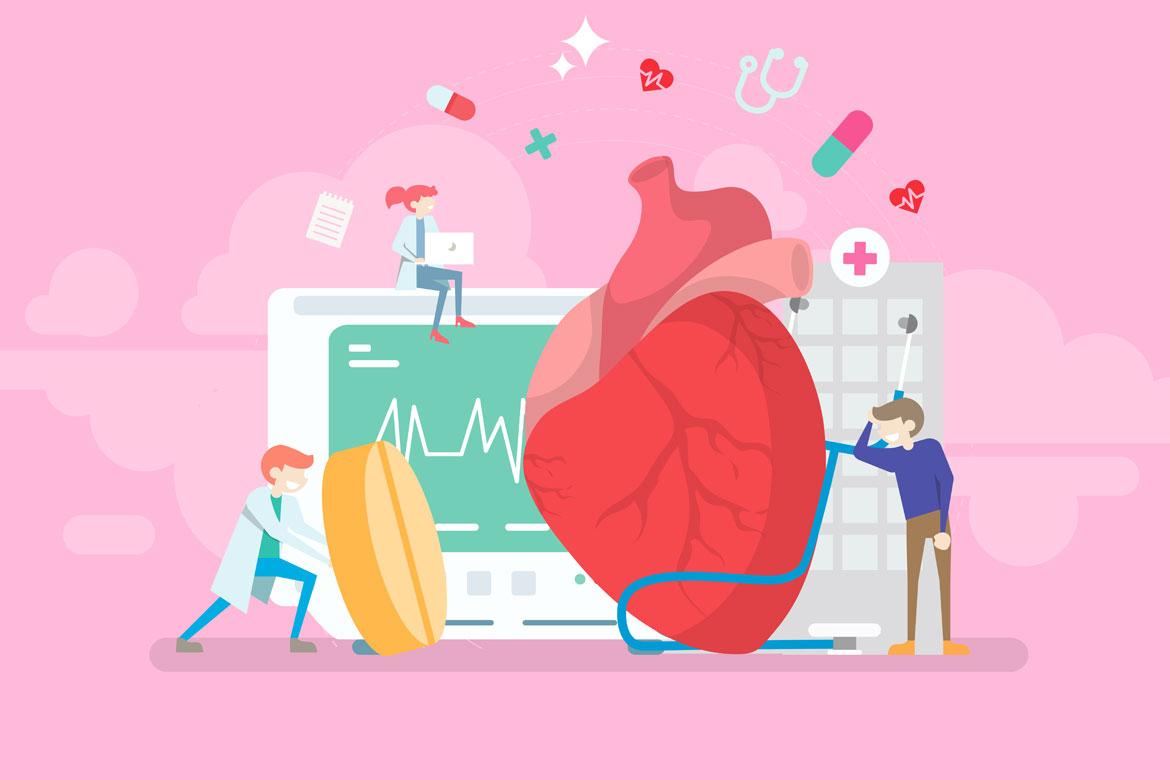Health Plus articles
Irregular Heartbeat? It Could Be Atrial Fibrillation
Atrial fibrillation (AF or AFib), is the most common arrhythmia diagnosed in clinical practice. Cardiologist Pipin Kojodjojo explains why you shouldn’t ignore it.
Did Your Heart Skip a Beat? All about Arrhythmia
An irregular heartbeat is common and can be harmless, but it may also signal a more serious heart problem.
Why is My Heart Beating so Fast?
Heart rates can vary from person to person, but what’s considered normal? And when does a heart rate become dangerous?
What is Your Pulse Trying to Tell You?
Your heart rate could give you helpful information about your current health and clue you in on potential health problems.
Correcting Heart Arrhythmia with Minimally Invasive Surgery
When the electrical signals that coordinate your heart rhythm are not working correctly, your heartbeat can take on an irregular/abnormal pattern.
Arrhythmia: How Is Irregular Heartbeat Diagnosed?
Find out how a simple procedure can be used to diagnose heart conditions such as arrhythmia.



